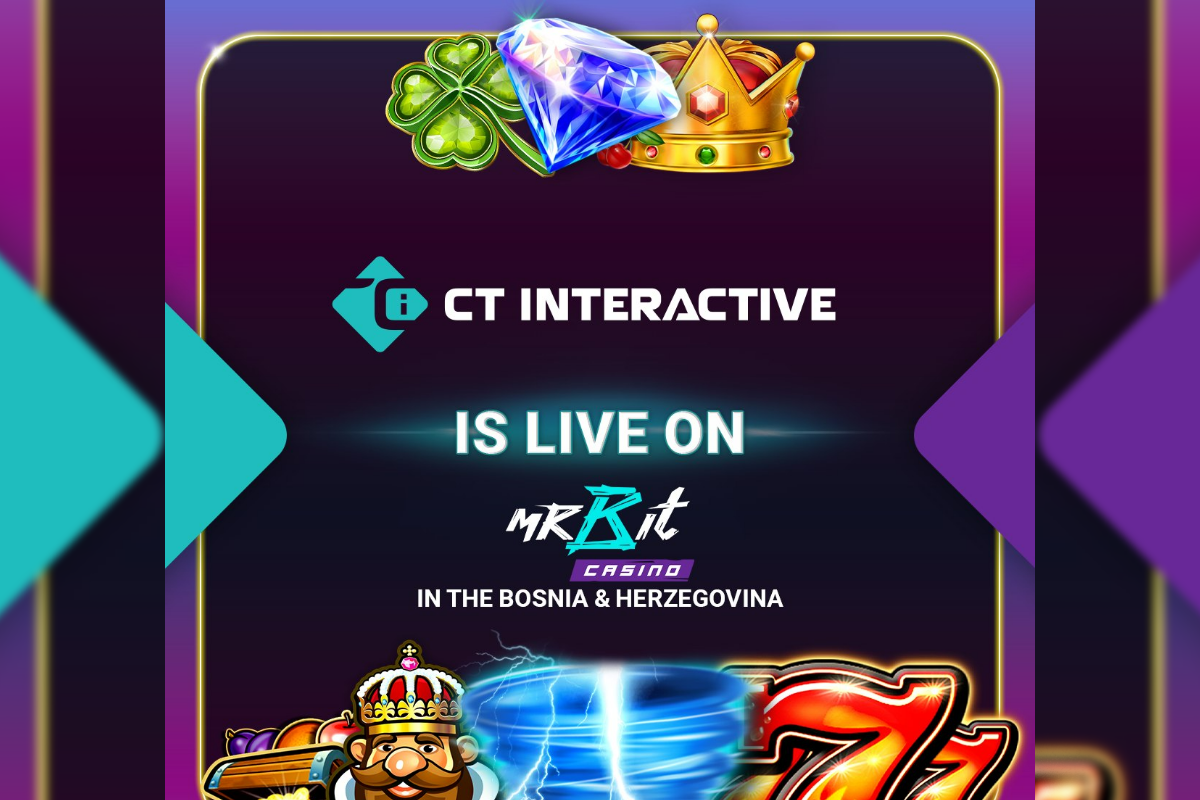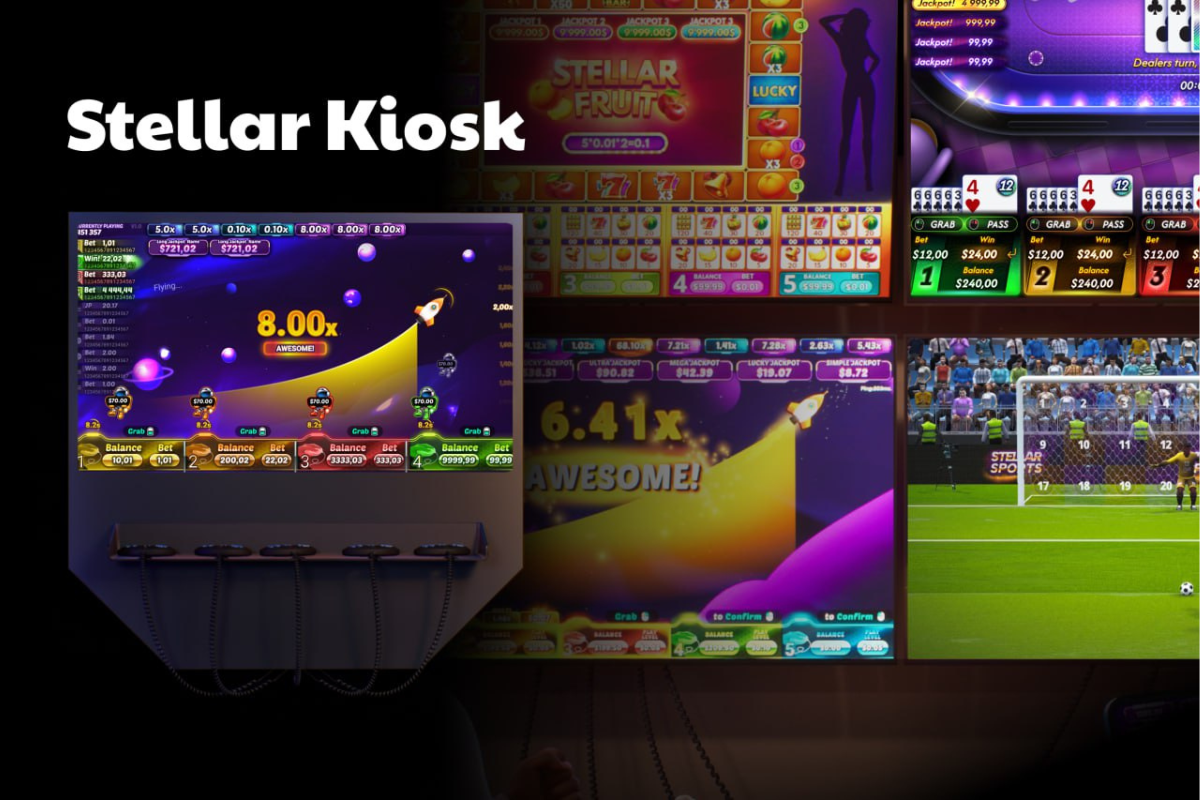Gambling in the USA
Monster to Launch Online Gambling Website PokerTribe.com

Gambling is a fantastically, astonishingly lucrative market, yet online gambling is more or less illegal in the United States, despite the popularity of physical casinos in Vegas and Reno and Atlantic City.
Richard Branson opened the high-profile online VirginCasino in 2014, but dealers hit a soft sixteen only for gamers physically in New Jersey. Few industries are this regulated: Donald Trump himself couldn’t get a gambling license in Las Vegas last year.
It wasn’t always this way. PokerStars, the largest online gambling venue in the world, gained prominence during the 2000s with hundreds of thousands of players, valuations in the billions, and plans for an IPO. After the U.S. government shut the website down on April 15, 2011 (a date some folks call Black Friday) no other site has allowed Americans to legally gamble online outside of New Jersey.
Now Monster, the same company that turned the headphone industry upside down with Dr. Dre, plans to revive online gambling in America by enlisting someone with a different kind of notoriety: Fred Khalilian. He’s a former telemarketing kingpin, wannabe reality TV personality, two-time FTC loser — and now, the new COO of Monster. He plans to open the company’s gambling site, PokerTribe.com, on or before December 15. And he might just make the company billions. So he might also be a genius.
But we’re getting ahead of ourselves. Gambling is illegal, right? Sort of.
GAME OF TRIBES
How will a headphone maker succeed in online gambling where Trump, Branson, and others have failed? “The roadmap is unbelievable, fraught with laws, certifications, international law, gaming commissions, all that stuff. Very, very complex,” Monster CEO Noel Lee exclusively told Digital Trends. “But [Fred] has overcome. He’s found his niche, he’s worked his way through the government, through the Federal Trade Commission, through all of that, with a strategy that’s built around the American Indians.”
“I’m going to be a multi, multi billionaire. I probably could be as big as Uber, if not bigger.”
Lee knows what it’s like to find your niche. He found his in the ‘70s when he realized that better electronic cables and engineering could lead to better sound from your stereo. Filling that niche built Monster into a billion-dollar business and transformed the retail industry.
But after the deal with Apple and Beats went south, Monster could use an infusion of cash, he admits. Gaming revenues on Indian reservations totaled $31.2 billion in 2016, according to the National Indian Gaming Commission, and Lee’s new COO Khalilian thinks he has a way to bring some of that cash, well, off the reservation.
A day after Black Friday, when the U.S. shut down PokerStars, Khalilian began his quest to start a legal online casino. He has spent the last six years attempting to transform and mold U.S. law regarding Indian gaming, which he feels could be a multibillion dollar enterprise. And after finding a few loopholes in regulations, he’s confident that he can succeed.
“I think I have it figured out, and I’m going to be the first in the world,” Khalilian told us. “And I’m going to be a multi, multi billionaire, without arrogance. I probably could be as big as Uber, if not bigger.”
HOW POKERTRIBE WORKS
The U.S. Department of Justice had for years considered online poker a violation of the Federal Wire Act – a 1961 law meant to prevent interstate betting via telecommunications systems. That decision was recently reversed, and several states are now dipping their big toes into the industry, notably New Jersey. But Federal rules still govern the United States: Even when a state changes its laws, U.S. law prevents it from opening to customers nationwide. So no one does online gambling nationwide on U.S. soil. Consider marijuana law: While pot is legal in some states, it’s still illegal nationally.
Here’s the thing: Indian reservations aren’t U.S. soil, and the laws are totally different, thanks to the 1988 Indian Gaming Regulatory Act, which allowed gambling on Indian reservations. Khalilian offers an eyebrow-raising explanation of why he suspects the government passed the law:
“This is what I think happened: The U.S. government sat down and went, ‘Oh shit. They’re coming. And they’re going to take their country back. What do we do?’ … They said, ‘They’re drug addicts, alcoholics, and gamblers.’ They’re like, ‘You know what? Let’s help them out. Maybe they will self-destruct and go away. Let’s give them a gambling license, tobacco license, and alcohol license.”
Yikes.
Khalilian is brash, arrogant, charming, and outspoken — and anything but politically correct. But he’s really savvy, too, and regardless of why the government issued the ruling, the outcome was clear. Tribes across the country seized the opportunity to open casinos and tap into the lucrative market that Las Vegas had previously cornered, Khalilian explained.
“They all opened a casino, because that’s all the government told them to do.”
“All of the sudden there are 110 tribes in California and they all have a casino. There are 37 tribes in Oklahoma and they all have a casino,” he said. “There are two tribes in Florida, the Miccosukee and the Seminole, and they all have a casino. They all opened a casino, because that’s all the government told them to do.”
The 1988 law means there are very different rules that govern gaming on reservations. Tribes are free to run Class I games and Class II games such as bingo; table games like poker and blackjack are called Class III and require a special type of license. The state needs to issue what’s called a compact first, which details specifics of what the tribe can and can’t do. The federal government needs to approve the deal. Then a tribe can offer poker to anyone who walks in the door. But what about those who come in the virtual door?
“If the gaming takes place on Indian lands, we have jurisdiction over that,” Michael Hoenig, General Counsel of the National Indian Gaming Commission, told Digital Trends. But someone who comes in the virtual door is hardly on Indian land, right? Problem is, the laws he enforces were written before the rise of online gaming — heck, before the rise of online period. If a tribe’s compact specifies the right to host an online casino, and it’s approved by the state, it should be legal, right?
“I don’t know that anybody foresaw the internet,” Hoenig admitted. “So there are some interesting questions going on about internet gaming.”
In other words, it’s a grey area for the law. And those happen to be places where Khalilian excels.
THE FRED KHALILIAN EXPERIENCE
“Fred is a very unusual personality,” Lee admits. “And quite frankly he’s an acquired taste, because you don’t know what to make of him when you first meet him. And it takes a little time to say, man this guy is a genius.”
Genius is Lee’s word. Others have called him a scam artist, abuser, and rapist.
“The same article’s been written 30,000 times, everybody wants to write about me,” Fred says. “They’re like, listen Fred, we gotta go and visit that area. It’s like a murder scene. And I didn’t even kill! I’m not even OJ!”
What? Rehashing his complicated past brings fire to Fred’s eyes as he recounts a tale of faxing, time shares, and Paris Hilton.
Khalilian’s first law-bending entrepreneurial breakthrough came in the late ’90s, when he noted that listings from yellow- and white-page phonebooks by Sprint and others were being dumped on the web. He created crawlers to scrape that data, aggregate it, package it up, and market it. Companies selling time-shares were a massive advertiser at the time – so he started bulk faxing time share ads to all of the numbers that he’d discovered online.
“At that time there was no laws, between ’96 and 2001. There was no law telling you couldn’t do this, because the internet was so new and so fresh,” he told Digital Trends. So the FTC eventually created some, and in 2001 banned him from telemarketing vacation packages and time shares.
“I had no idea sending faxes was illegal. If I had knew, I wouldn’t have done it! There were no laws.” So Khalilian switched tack, opening a chain of award-winning health clubs and eventually night clubs with Paris Hilton. Following difficulty with Hilton, who showed up late to events or not at all, Khalilian claims he ended his partnership with the nightclub queen, the drama of which nearly led to an MTV reality show searching for “the replacement of the bitch.”
The show never aired – Khalilian alleges – because Paris found out about plans for the show days before it was set to air, leading to an onslaught of phones calls from various people saying he needed to cancel the show – and then, rape charges. According to TMZ, several women came forth in 2007 alleging “battery, sexual battery and false imprisonment,” for which Khalilian was arrested. He claims the Hiltons made it all up.
“Next thing you see, 72 hours after those phone calls, I get accused of rape. And that’s how the show got canceled. I don’t have any proof of it, but it’s just too coincidental.”
Khalilian pled guilty to a misdemeanor, CBS reported, and moved back into telemarketing – and was again pursued and fined by the FTC, which labeled him a “recidivist” and in 2011 banned him from telemarketing entirely. “American consumers won’t be getting any more telemarketing pitches from robocaller Fereidoun ‘Fred’ Khalilian, under a settlement reached by the Federal Trade Commission,” reads a press release the agency put out. “Khalilian has agreed to be permanently banned from the telemarketing business in order to settle FTC charges that he and his company allegedly used pre-recorded robocalls to sell consumers auto service contracts.” Along with the ban came a fine: a monetary judgment of more than $4.2 million, which Khalilian put a dent in “by turning over corporate and personal property totaling approximately $50,000.”
CBS columnist Marlys Harris was blunt in her assessment: “While he’s now banned from all telemarketing, I think consumers would be safer if he were banned from walking outside for a while — and put in prison where he belongs.”
Khalilian points out that the FTC goes after everyone, citing cases against Google, Facebook, 1-800-Flowers. “Give me a company that does over a hundred million a year, type in their name, type FTC versus them. If you didn’t see it pop up I’ll give you a million dollars cash,” he told Digital Trends.
“The FTC is the biggest bullshit I’ve ever seen in my life,” Khalilian says.
POKERSTARS VS. POKERTRIBE VS. POKERTRIBES
His name was battered, he missed his brush with reality TV, and he was banned from telemarketing, but that didn’t stop Fred from moving on to his next venture. In 2011, right after “Black Friday,” he convinced the Cheyenne and Arapaho tribes of Iowa to petition the state to allow them to do what PokerStars had just been prevented from doing: online gambling.
“All he wanted to do was humiliate us in the media and kick us out.”
They agreed, hiring Khalilian as a consultant for $9.4 million and partnering up with his company, Universal Entertainment Group (UEG). The two tribes planned to open an online website: PokerTribes.com. But the deal took years to complete, and following a change in tribal leadership, Khalilian was shown the door. Sources at the FTC pointed out to Digital Trends that he used the money last year to repay his $4.2 million telemarketing fine. It was a win in the FTC’s eyes – but the tribe seems upset.
“A lot of money was paid and nothing was ever received,” Reggie Wassana, speaker of the Cheyenne and Arapaho tribal legislature, told The Oklahoman in May. “Nothing became of it. It was $9.4 million for a website basically — there was no realization of profits and no actual working internet gaming.” In late September, the two tribes finally filed a lawsuit, claiming “the transactions were marked by deceit, greed and utter disregard for the laws and economic well-being of the tribes.”
A month earlier, Khalilian told us a different story.
“They didn’t want their $9.4 million back. They just wanted us to leave. They never sued us, they never came after us – all he wanted to do was humiliate us in the media and kick us out,” he said.
-

 Asia6 days ago
Asia6 days agoDigital gaming disruption tackled in 1st AsPac Regulators’ Forum
-
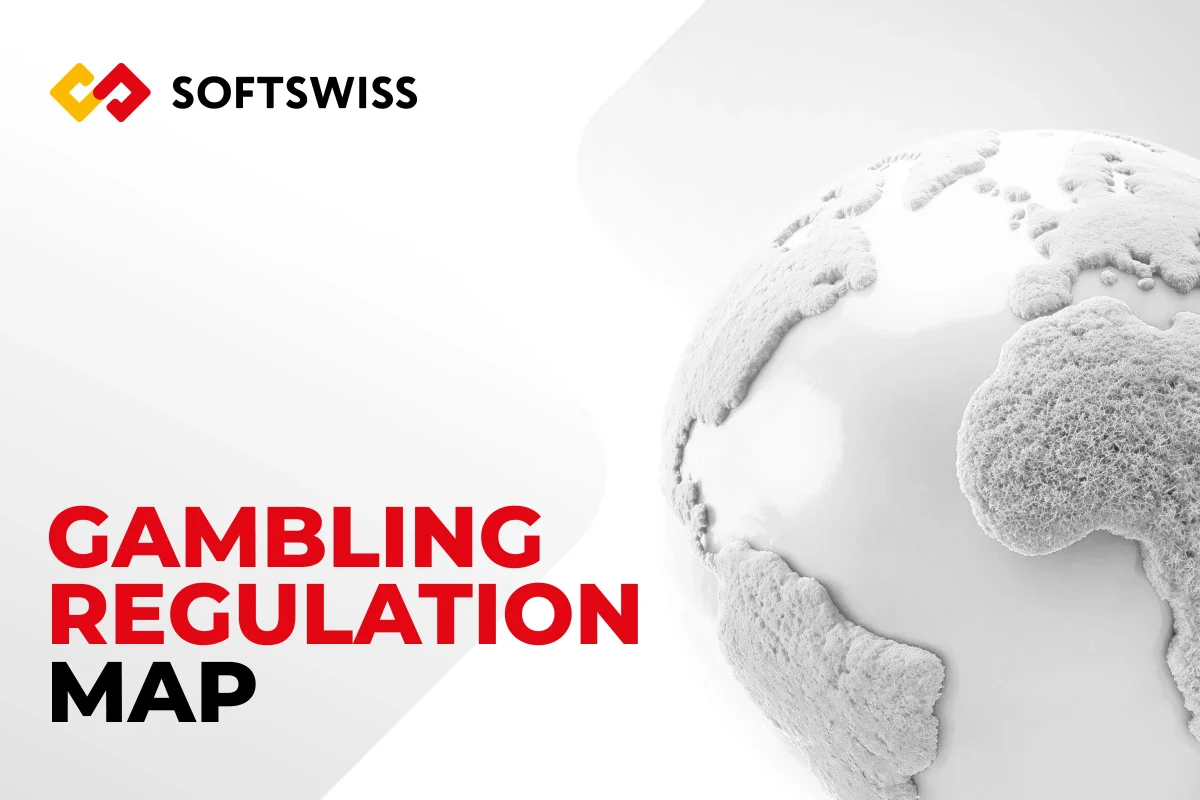
 Compliance Updates7 days ago
Compliance Updates7 days agoSOFTSWISS Releases Gambling Regulation Directory for iGaming Operators
-
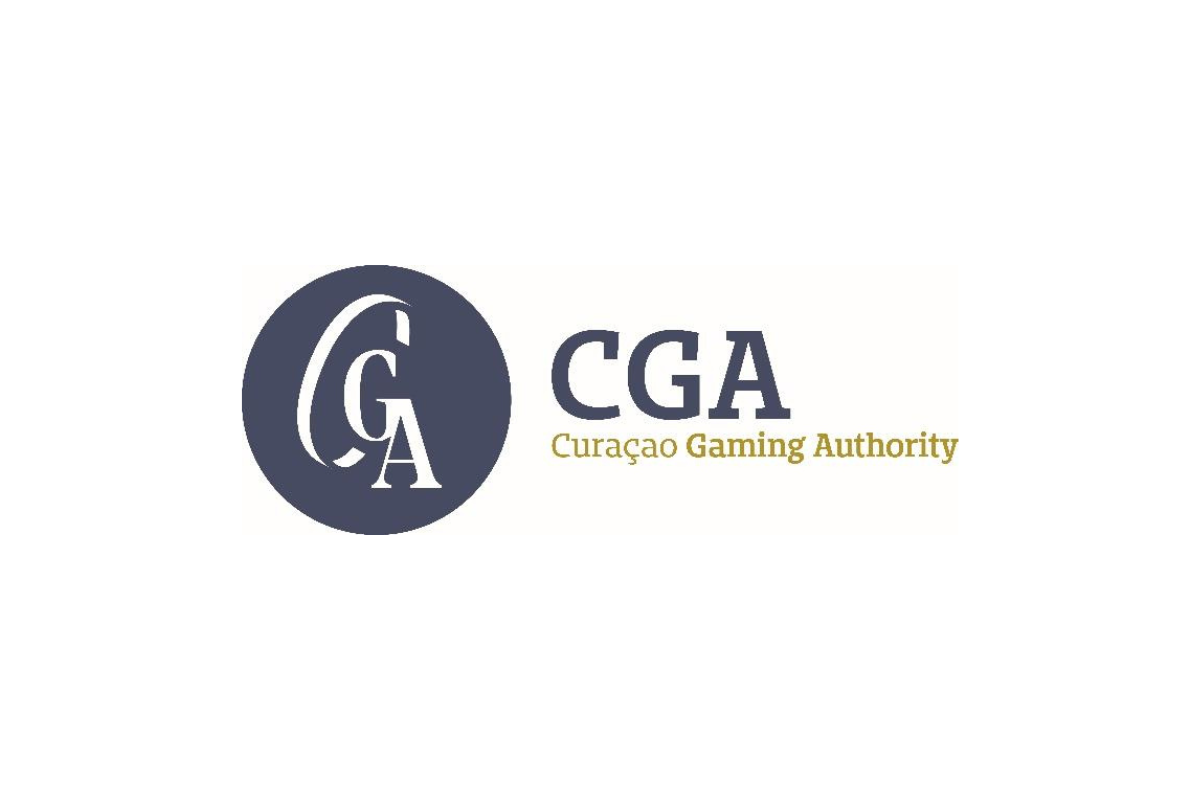
 Compliance Updates7 days ago
Compliance Updates7 days agoAlternative Dispute Resolution (ADR) Role and Certification
-
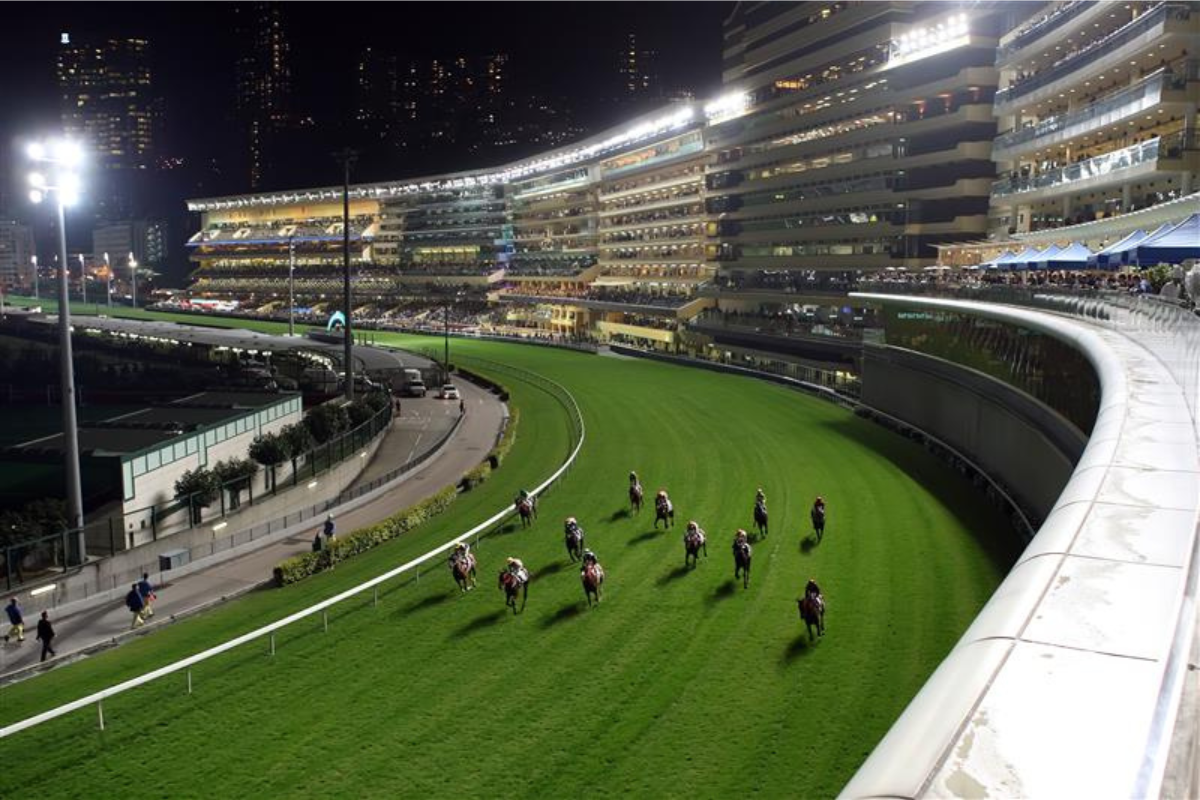
 Asia7 days ago
Asia7 days agoiRace Media extends partnership with The Hong Kong Jockey Club in Asia
-
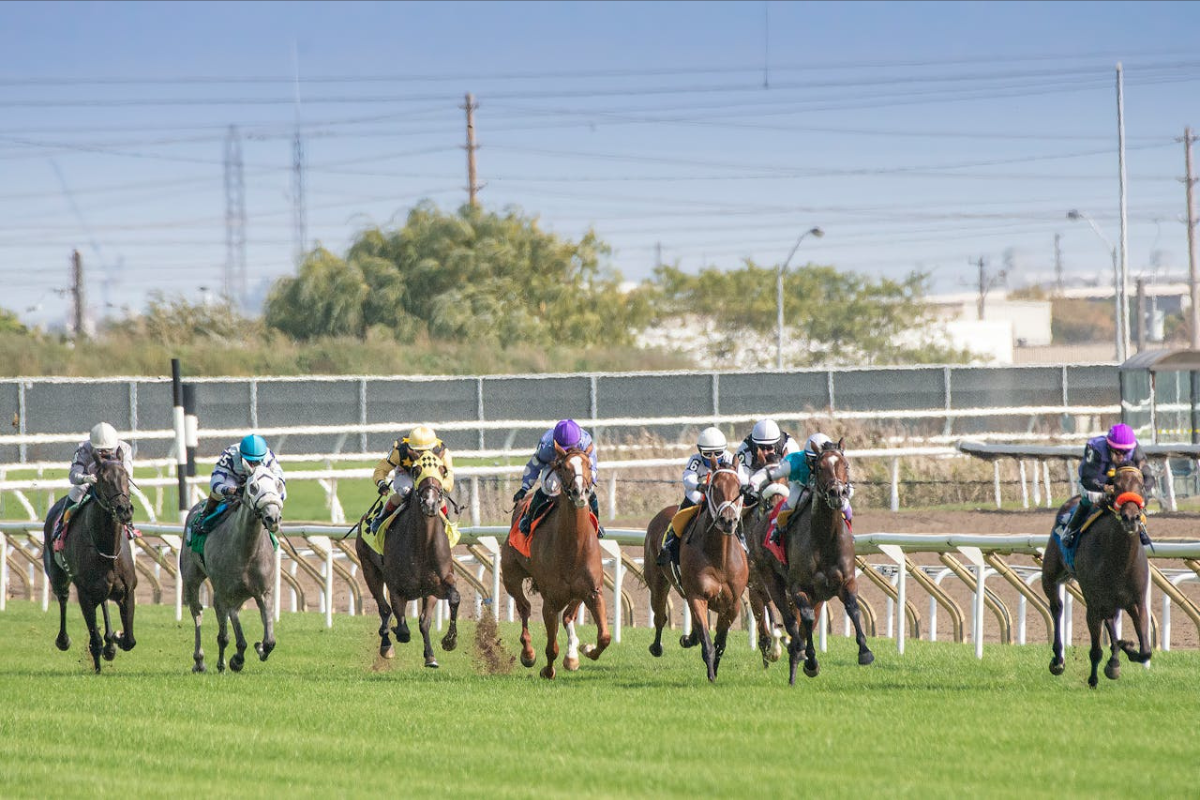
 Latest News7 days ago
Latest News7 days agoIs Horse Racing Betting Still Popular In Europe?
-

 Latest News7 days ago
Latest News7 days agoDeepDive launches AI platform to strengthen Enhanced Due Diligence for gaming operators’ anti-money laundering efforts
-

 Press Releases7 days ago
Press Releases7 days ago7777 gaming strengthens emerging markets presence with PlaylogiQ partnership
-

 Africa6 days ago
Africa6 days agoBetKing Renews Ikorodu City FC Partnership for 2025/26 NPFL Season









